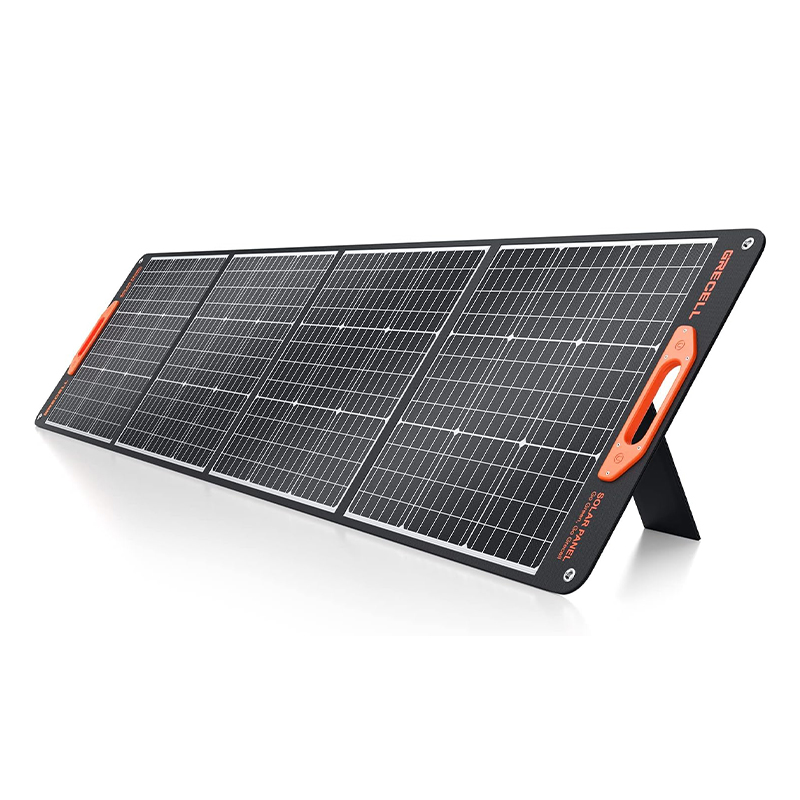-
 FAST SHIPPING
FAST SHIPPING
-
 COMPETITIVE PRICE
COMPETITIVE PRICE
-
 EXCELLENT AFTER-SERVICE
EXCELLENT AFTER-SERVICE
- Home
- Products
- PV Panel
- Full Black Solar PV Modules TP 410W
- Full Black Bifacial Solar PV Modules 420W
- Full Black Solar PV Modules TP 430W
- Solar Module 550W
- Flexible Solar Module 375W
- LONGi-LR5-72HTH-565W Silver Frame Solar Panel
- SUNTECH-STP420S-420W Full Black Solar Panel
- JASolar 435W JAM54D41 Full Black Bifacial Glass Solar Panel
- TW SOLAR 610W MNH66HD Bifacial Solar Panel
- Jinko 620W 66HL4M-BDV Bifacial Solar Panel
- Solar Inverter
- Solar Storage Battery
- Residential Photovoltaic Kits
- Solar Panel Brackets
- Balcony/Garden Photovoltaic Kits
- Outdoor Power Station
- Deye SUN-8K-SG04LP3-EU Three Phase Low Voltage Hybrid Inverter
- Photovoltaic Accessory
- C&I ESS Solution
- PV Panel
- About Us
- News & Events
- Contact Us
Web Menu
- Home
- Products
- PV Panel
- Full Black Solar PV Modules TP 410W
- Full Black Bifacial Solar PV Modules 420W
- Full Black Solar PV Modules TP 430W
- Solar Module 550W
- Flexible Solar Module 375W
- LONGi-LR5-72HTH-565W Silver Frame Solar Panel
- SUNTECH-STP420S-420W Full Black Solar Panel
- JASolar 435W JAM54D41 Full Black Bifacial Glass Solar Panel
- TW SOLAR 610W MNH66HD Bifacial Solar Panel
- Jinko 620W 66HL4M-BDV Bifacial Solar Panel
- Solar Inverter
- Solar Storage Battery
- Residential Photovoltaic Kits
- Solar Panel Brackets
- Balcony/Garden Photovoltaic Kits
- Outdoor Power Station
- Deye SUN-8K-SG04LP3-EU Three Phase Low Voltage Hybrid Inverter
- Photovoltaic Accessory
- C&I ESS Solution
- PV Panel
- About Us
- News & Events
- Contact Us
Product Search
Exit Menu
Product categories
News categories
RECENT POSTS
-
Why Thermal Management Is the Unsung Hero of High-Power EV Charging Pile Performance
Apr 28,2025 -
How Power Electronics Are Shaping the Performance and Efficiency of Modern EV Charging Piles
Apr 23,2025 -
Lietuva investuoja į tvarumą: 15 mln. eurų parama atokiems saulės energijos parkams plėtoti
Apr 21,2025 -
Lithuanian Government Introduces €15 Million Scheme to Support the Development of Remote Solar Power Plants
Apr 21,2025 -
Atnaujintos paramos sąlygos saulės elektrinėms: virš 50 mln. Eur kvietimai jau vasario pabaigoje
Apr 21,2025
Power Up Anywhere: Compatible Battery Storage for Folding Solar Panels
Folding solar panels have become the go-to solution for outdoor enthusiasts and those seeking reliable emergency power. Their convenience and efficiency allow users to generate and store solar energy on the go, making them perfect for camping trips, road adventures, and unforeseen power outages. But to truly maximize the benefits of these portable powerhouses, understanding compatible battery storage solutions is crucial. The right battery can enhance energy efficiency and ensure you have power whenever you need it.
When it comes to battery storage for folding solar panels, lithium-ion batteries often take the lead. These batteries are renowned for their high energy density, meaning they can store a significant amount of energy in a compact form. This characteristic is especially beneficial for outdoor activities where space and weight are at a premium. Lithium-ion batteries also boast a long lifespan, capable of withstanding numerous charge cycles without significant degradation. For those planning longer excursions or requiring more power, options like the Goal Zero Yeti or Jackery Explorer series provide reliable solutions, allowing users to charge everything from smartphones to laptops and even small appliances.
Another option worth considering is lead-acid batteries, which have been a staple in energy storage for years. While they are generally heavier and bulkier than their lithium-ion counterparts, they tend to be more affordable, making them accessible for casual users. Deep cycle lead-acid batteries, in particular, are designed for prolonged use, and when paired with folding solar panels, they can effectively store energy for later use. However, they do require more maintenance and have a shorter lifespan compared to lithium-ion batteries, so potential buyers should weigh these factors based on their specific needs.

For those looking for a more innovative approach, emerging technologies like lithium iron phosphate (LiFePO4) batteries are gaining traction. These batteries combine the best aspects of lithium-ion technology while enhancing safety and thermal stability. They're perfect for solar applications due to their long cycle life and ability to handle deeper discharges without damage. While they may be pricier upfront, the long-term savings from not having to replace them as frequently make them an appealing choice for serious solar enthusiasts.
The choice of battery storage solution will depend on individual needs, budget, and usage scenarios. Users should consider how much energy they need to store, the devices they'll be powering, and the importance of weight and portability. Additionally, it’s crucial to ensure compatibility between the solar panel's output and the battery's input specifications. This alignment will not only optimize charging efficiency but also safeguard the longevity of both the solar panel and the battery.
In the evolving world of renewable energy, folding solar panels and the right battery storage solutions are paving the way for greater energy independence. Whether you’re out in the wilderness or preparing for an emergency, understanding these options can empower you to harness solar energy effectively, ensuring you’re never left in the dark.
←
Folding Solar Panels: A Smart Investment for the Future
→
Powering the Future: Expanding Public EV Charging Infrastructure
related products
 +39 3444606026
+39 3444606026 [email protected]
[email protected] De Werf 11, 2544 EH The Hague, The Nederland.
De Werf 11, 2544 EH The Hague, The Nederland. WhatsApp: +1 (917) 257 2995
WhatsApp: +1 (917) 257 2995
Copyright © 2023 Uni Z International B.V. VAT: NL864303440B01 All Rights Reserved



 0
0


 italiano
italiano Polskie
Polskie Nederlands
Nederlands Deutsch
Deutsch Français
Français Español
Español Український
Український











